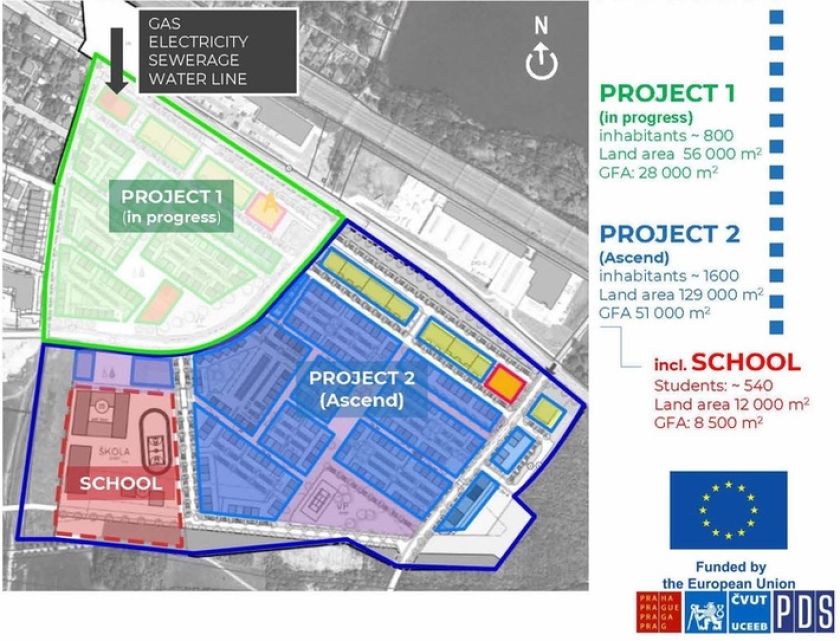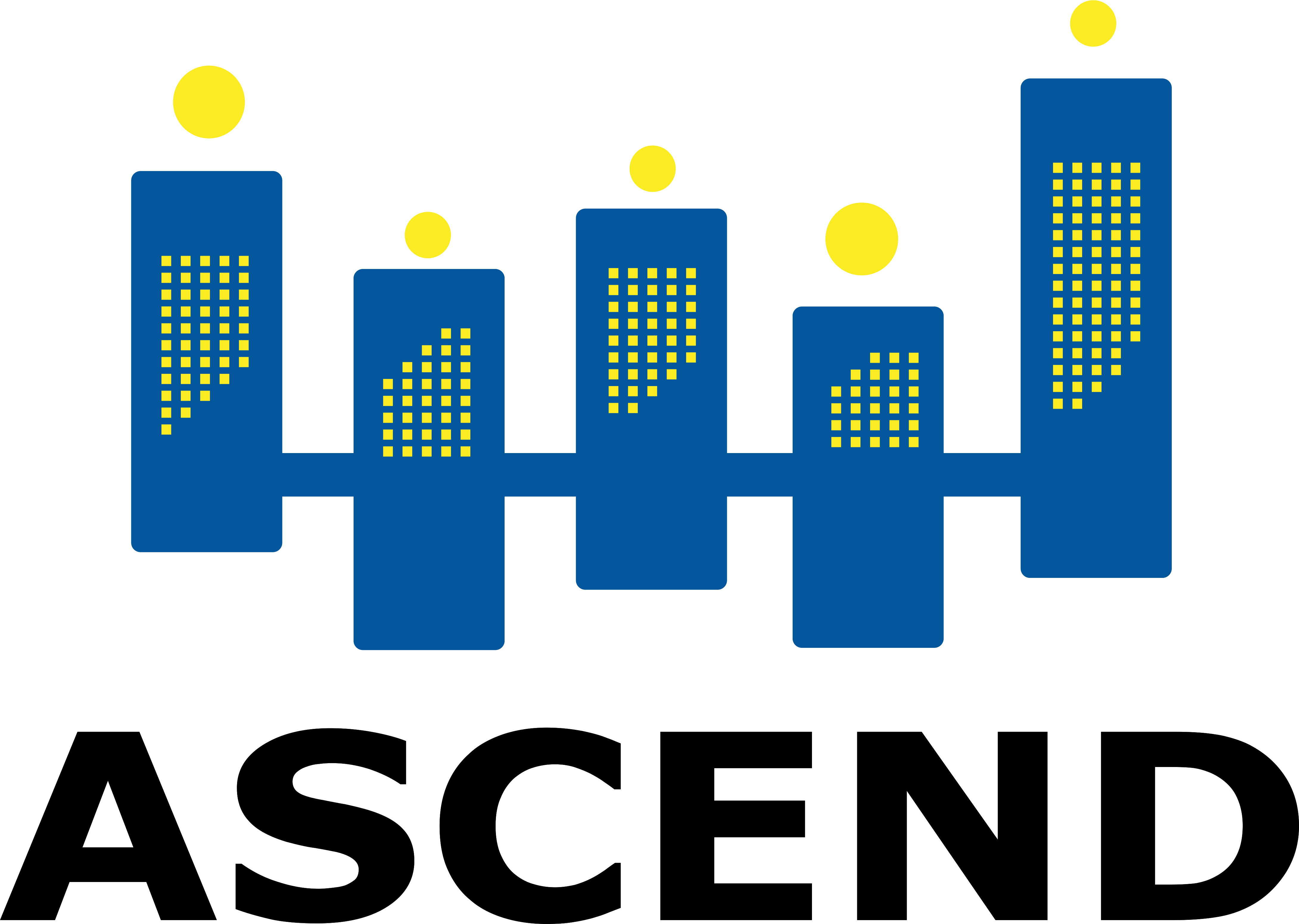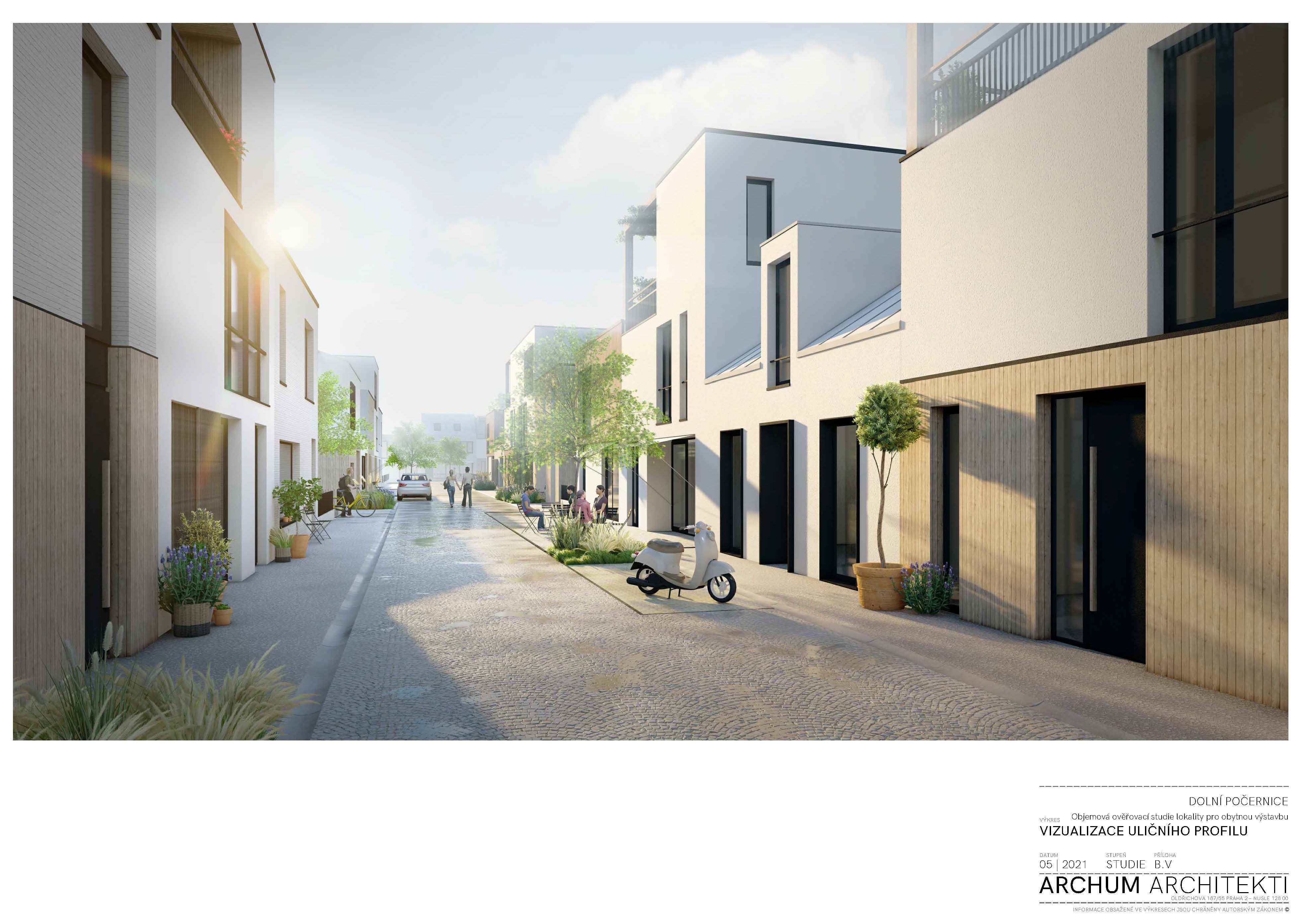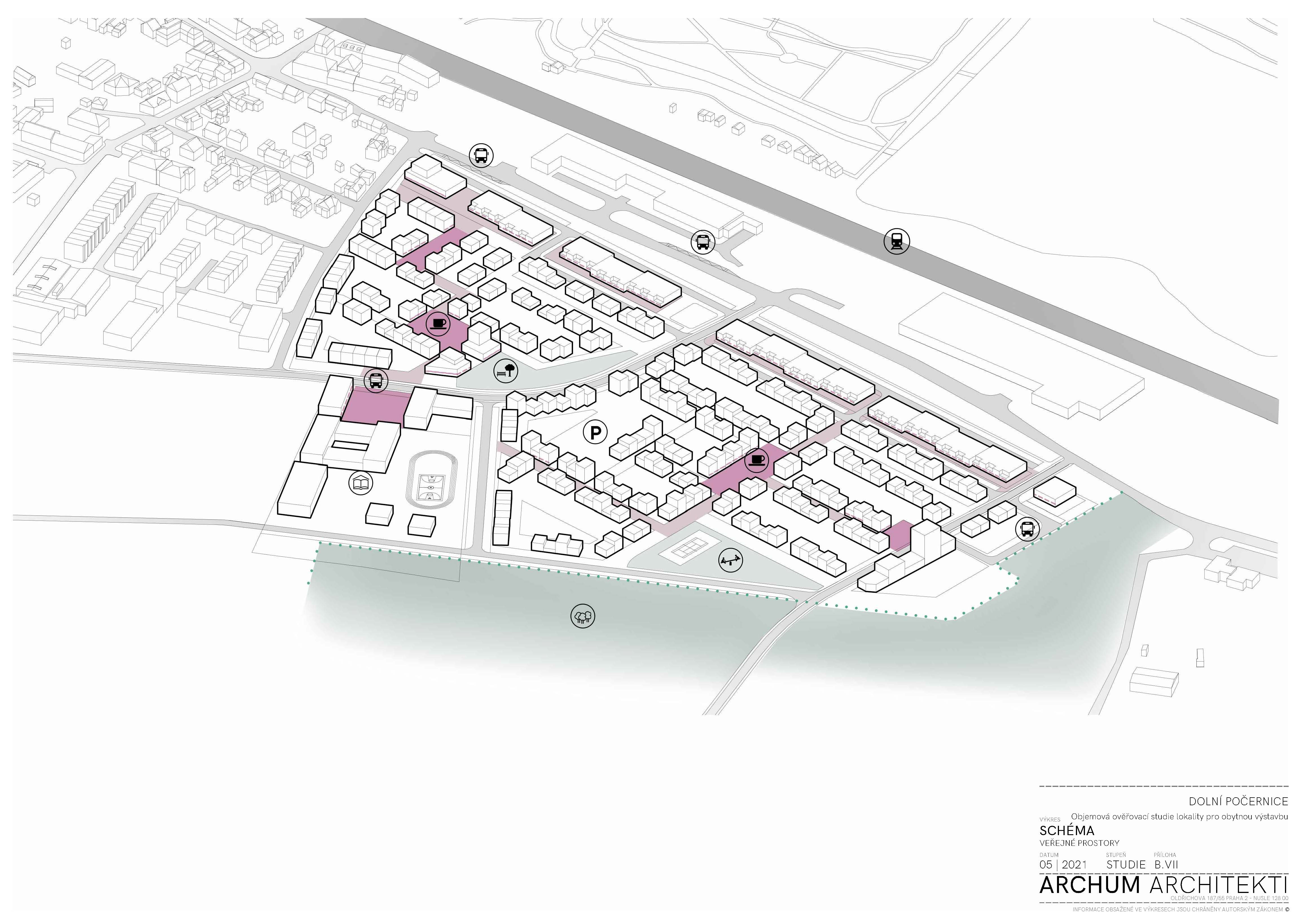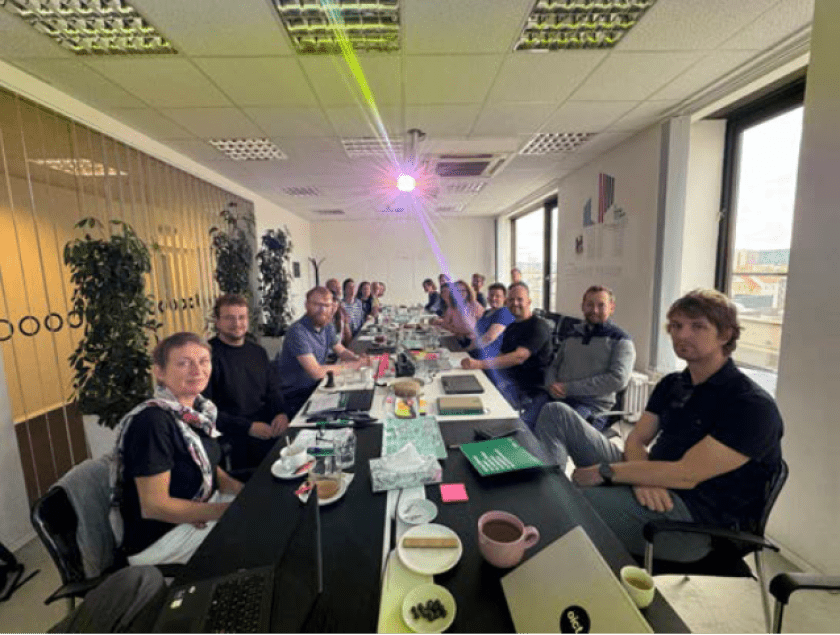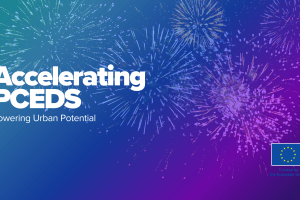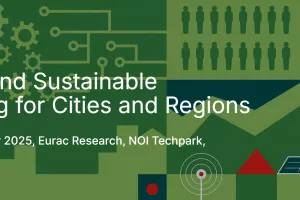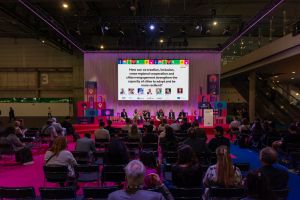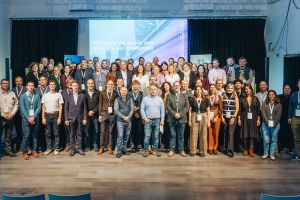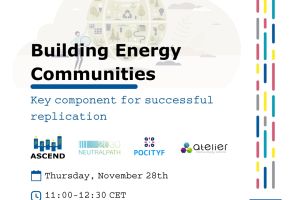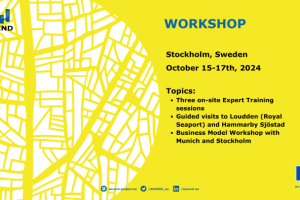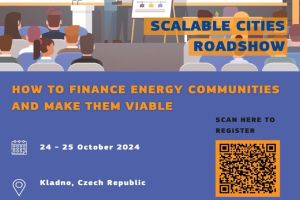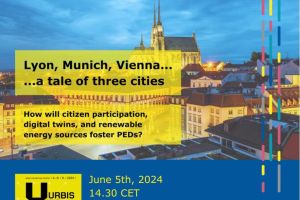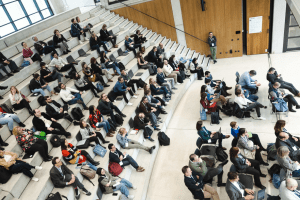6.1 Creation of an Innovation Team
6.1.1 Innovation Team for Local and Community Energy
Prague is forming an Innovation Team for Local and Community Energy to strengthen collaboration between municipal organizations and departments. The team will involve middle managers and practitioners responsible for energy-related projects within their organizations.
The Innovation Team for Local and Community Energy is still in the planning and design phase, and its first meeting has not yet taken place.
The goals are to:
- Develop shared understanding and language around current goals, trends, and solutions in local energy.
- Align the activities of key city actors, clarify roles, and inform policymaking for innovation adoption.
- Co-create a common approach to building smart, clean, positive energy districts and ensure implementation in all major projects.
- Collaborate on stakeholder and citizen engagement, ensuring coordinated communication and higher project acceptance.
The team should meet at least twice a year and each year will address specific challenges based on trends and topics addressed by Prague City Hall officials in the given area.
Roles – Innovation Team
• OICT (Smart Prague Office) – Coordination
• CVUT – Methodology support, key member
• PDS – Founding member and co-host
• PSOE – Founding member and co-host
• Key municipal departments, city organizations, and companies - members
6.1.2 Innovation Team for Environment (Microclimate)
Prague is also forming an Innovation Team for Environment (Microclimate) to focus on two priorities selected together with the City of Prague: circularity and climate adaptation, which also include microclimate-related topics such as the development of a digital twin of the city’s climate or mapping of cooling oases.
The first meeting took place on 17 July 2025 at OICT (Dělnická 12, Prague 7) with 19 participants. The team will continue to meet at least twice a year.
The goals are to:
- Support the city’s innovation ecosystem through joint activities
- Gather data on the needs faced by the city in the field of environment
- Identify barriers that key city actors are currently dealing with in this area
Roles – Innovation Team
- OICT (Smart Prague Office) - Coordination
- PVK (Prague Water Supply and Sewerage Company)
- Pražské služby (Main municipal waste management company)
- MHMP (Prague City Hall)
- IPR (The Prague Institute of Planning and Development)
- INCIEN (Institute for Circular Economy)
- CZU (Czech University of Life Sciences Prague)
- Metrofarm (Urban farming initiative in Prague)
- CHMI (Czech Hydrometeorological Institute)
- AV CR (Czech Academy of Sciences)
6.2 Co-create Replication Guidelines for Positive Clean Energy Districts
Project partners and stakeholders are co-developing standardized replication guidelines (including energy standards) to be applied across diverse urban contexts. This ensures environmentally conscious and energy-efficient district development. Communication platforms are being used to align investor and user needs with technically and economically viable solutions.
Roles – Replication Guidelines
• PDS – Project design lead, with property developers/design companies
• CVUT – Expert input and facilitation
City of Prague – Investment and property management, energy manager
• OICT – Data collection, monitoring, Golemio tool provider
• PSOE – Operating emerging RES network
• Energy providers and operators – Supplying solutions and operation services
• • Future tenants and businesses – End users and partners
• Municipal service providers and transport operators – Integration with infrastructure and services
6.3 Investment Opportunities for the construction of PCED (new solution)
PRA6.3 was introduced in Q4 as a new solution under Solution Package 6. The focus is on identifying sustainable business models to support the construction of high-performance, ideally Positive Clean Energy District (PCED)-level developments. The objective is to prepare a comprehensive document for the City of Prague that summarizes key methods and instruments for financing urban district construction. This will include exploring diverse financial approaches, ranging from traditional investment mechanisms to innovative models tailored to sustainable energy districts.
Roles:
PDS: the main responsibility for this solution, with a focus on integrating PCED principles into its planning practice. Collaboration with partners both inside and outside the ASCEND consortium.
Key Developments in Prague’s SP6 Solutions
• Formation of the Innovation Team
• Appointment of a dedicated innovation manager
• Mutual learning and co-creation sessions
• Joint strategy work for Smart PCEDs
• Team growth and consolidation of structure
• Validation of the Energy Master Plan with PDS before zoning documentation tender
• Preparatory work on replication guidelines (completion target: 10/2026; final specification: 12/2027)
Challenges and Risks
Innovation Team
• Soft nature of the solution makes it challenging to define as a distinct innovation and measure impact
• Onboarding new members and managing coordination transitions can be challenging
Replication Guidelines
• "Take it or leave it" tenancy model limits true co-creation with tenants
• Risk of sub-optimal technology use or poor user experience by end users
Investment opportunities
The main challenge lies in the specific legislative and business environment in the Czech Republic, which affects investment structures and may limit certain financing instruments. Legal uncertainties have also been noted as a recurring issue. Despite these, no major delays are foreseen.
Next Steps
• Development of a cookbook for innovation teams
• Defining evaluation, monitoring, and reporting mechanisms for team activities
• Adoption of the Smart PCED model with defined roles for each organization
• Continued engagement with stakeholders to refine the Energy Master Plan
• Continuous adaptation of the energy concept based on project documentation and planning process
• Completion of replication guidelines for new and existing PRG districts
- Finalization and discussion of the assignment with stakeholders to enable the preparation of the output.
- Drafting of the investment opportunities report for Prague City Hall.
Lessons Learned
• A dedicated innovation manager helps maintain focus and momentum.
• Early role clarification across organizations prevents duplication and misalignment.
• Engaging stakeholders in both planning and operational phases increases adoption success.
• Flexibility in tenancy and operational models supports better end-user experience and technology uptake.
Prague is lying the groundwork for long-term sustainable energy innovation through the establishment of a dedicated Innovation Team, the co-creation of standardized replication guidelines, and the launch of a new solution on investment opportunities for Positive Clean Energy Districts. By aligning municipal actors, developing shared strategies, securing design capacity, and engaging a wide network of stakeholders, the city is building a strong framework for replicable, high-impact urban energy solutions, with no major delays foreseen and key design phases already scheduled.
